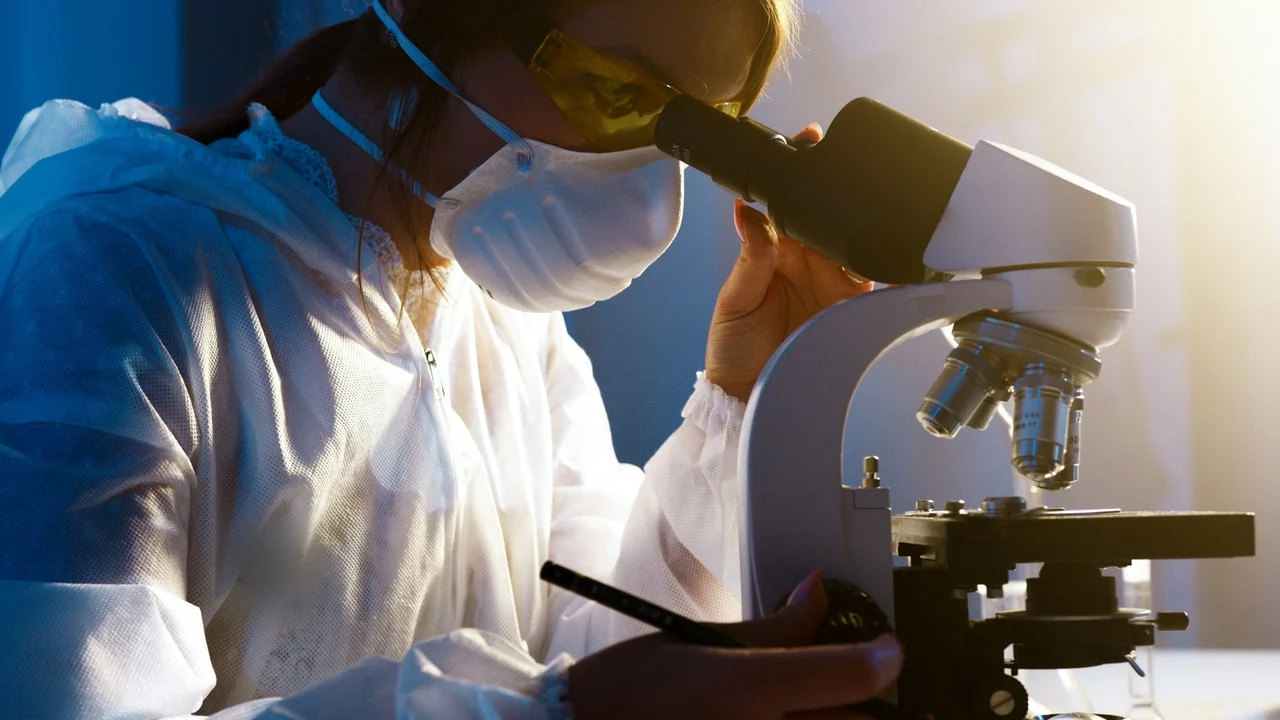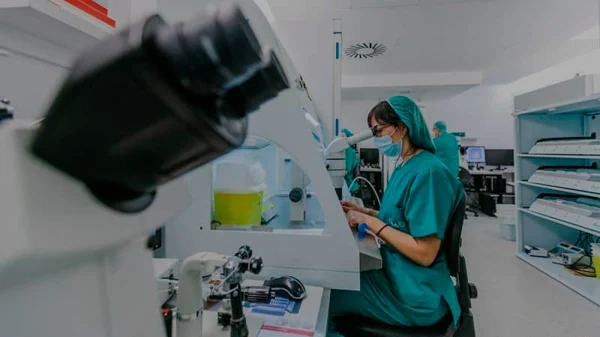
Assisted reproduction
Sperm bank
Donating to a sperm bank is an altruistic act which can help single women, same- sex couples and many couples with low sperm quality to see their dreams of having a child through assisted reproduction come true.
- What should you know about donating sperm?
- Who are the sperm donors?
- Will the sperm donor look like me?
- Resolve your doubts with a specialist or book an appointment
In cases where this is necessary, you should know that you can turn to our sperm bank to carry out certain assisted reproduction processes such as artificial insemination or IVF.

What do you need to know about sperm donation?
Donating sperm is completely legal in Spain, independently of the nationality or origin of the patient.
By law, sperm donation is:
- Anonymous: Ginefiv cannot in any circumstances reveal the donor’s identity to the receivers, nor vice versa.
- Altruistic: sperm donation is a supportive act and highly generous as it cannot be profit-driven, although compensation can be given for the inconvenience.
- Voluntary
All sperm donors at Ginefiv regularly undergo exhaustive examinations and the samples themselves are subject to quarantine periods to rule out the possibility of any transmissible pathology
Who are the sperm donors?
Those who donate to our sperm bank are generally young Spanish (96%) males who mainly come from university backgrounds, but who primarily and perhaps most importantly have a predisposition to provide aid in one of the most generous acts in existence: “helping to give life”.
All Ginefiv sperm bank donors are aged between 18 and 35 (the average age is 22), they have no personal or familial history of serious hereditary illness, and they have voluntarily been subjected to strict medical and psychological checks, not only to guarantee the excellent quality of the sperm but also to guarantee their physical and mental health.

Will the sperm donor look like me?
Due to the high number of sperm donors available at Ginefiv, our clinic can easily find the most suitable donor for each patient, based on criteria such as phenotype and facial similarity (our Right Donor for the Right Patient system). It also enables the establishment of genetic compatibility, minimising the risk of the transmission of hereditary disease.
How are donors selected at Ginefiv?
The donor selection process for Ginefiv’s sperm bank is quite strict: in fact only 5%of sperm donor candidates actually end up donating. The selection tests we runon the candidates revolve around three areas:
1. Testing sperm quality
- Minimum sperm count of 50 million per ml
- Sperm motility over 50%
- Normal sperm morphology
2. Medical tests
GENERAL:
- Blood group and Rh factor
INFECTIOUS DISEASES:
- Chlamydia
- Hepatitis B
- Hepatitis C
- HIV 1 and 2 (Human Immunodeficiency Virus types 1 and 2)
- Syphilis (RPR test)
GENETIC:
- Karyotype
- Haemogram test
- Genetic Compatibility Test
3. Psychological exam
- A psychological test to guarantee the donor’s mental health
When should our sperm bank be used?
- When the male partner is the carrier of a genetic disorder which cannot be analysed in the embryos.
- When chromosomal anomalies are detected in the patient’s sperm.
- When the male partner is the carrier of a sexually transmitted disease and the virus cannot be eliminated from the sperm using sperm washing.
- In cases of women with no male partner.
- When a partner’s sperm does not fulfil the minimum quality parameters and IVF has not provided good results.
- In cases of azoospermia (an absence of spermatozoa) both in the ejaculate and in the testicular biopsy.









